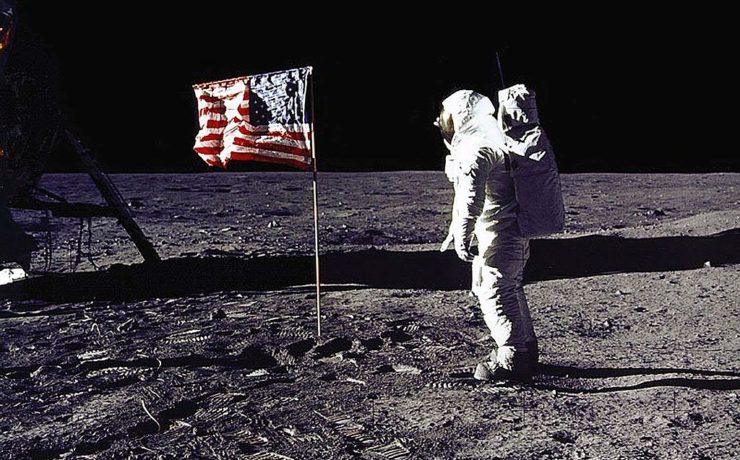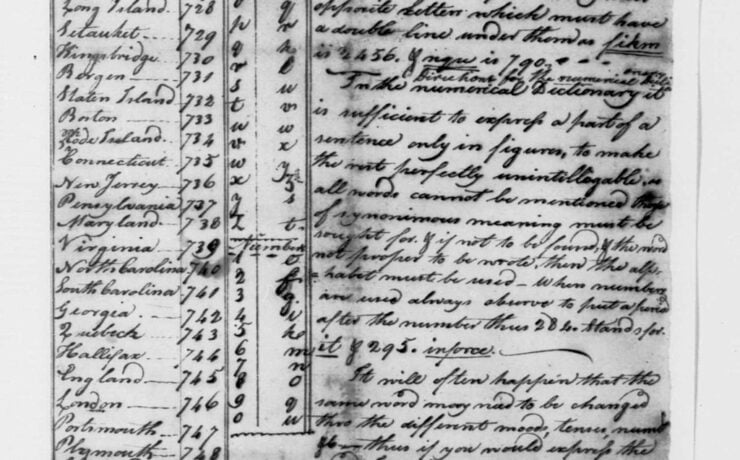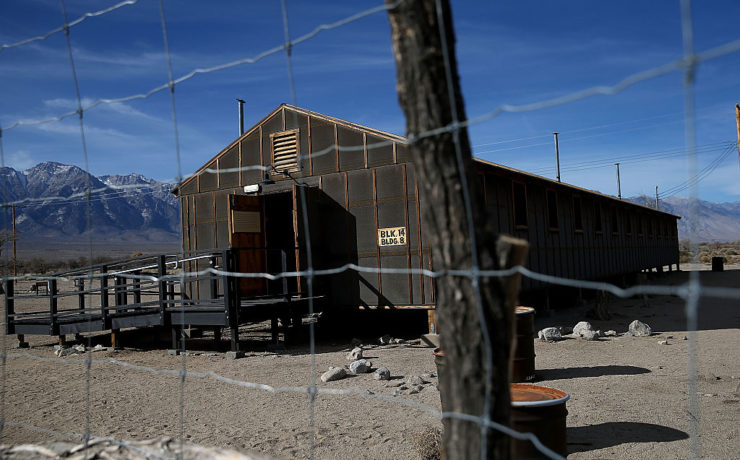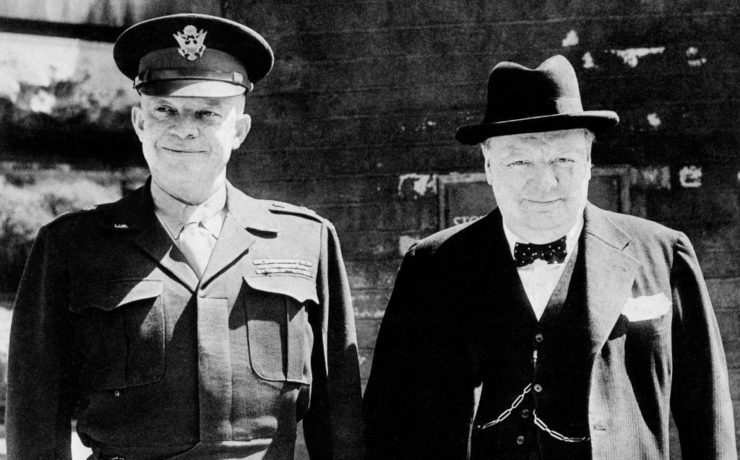
Lesson: The Captains of Industry
Contrary to what many may believe, the government is not what made America a superpower. America’s growth and prosperity began much like the nation did itself, with determined, innovative individuals brave enough to take a risk. Businesses are born out of a dream to achieve greatness, and greatness is not









